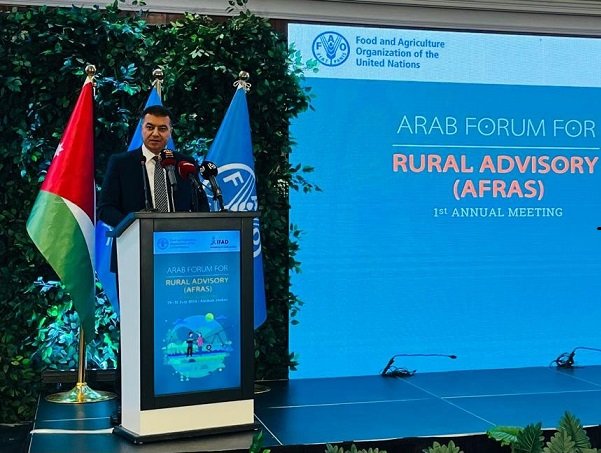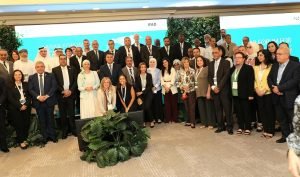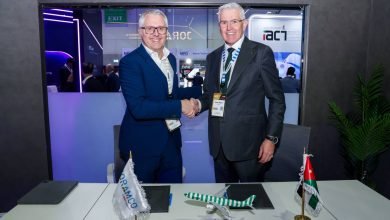
Jordan Daily – The first Annual Meeting of the Arab Forum for Rural Advisory Services (AFRAS) commenced today in Amman, hosted by the Food and Agriculture Organization of the United Nations (FAO) in collaboration with the International Fund for Agricultural Development (IFAD) and the Global Forum for Rural Advisory Services (GFRAS).
The event aims to advance rural transformation and support the achievement of the Sustainable Development Goals (SDGs).
Over 70 members of the AFRAS community, including policymakers, practitioners, and champions of extension and rural advisory services (RAS) from across the Arab region, gathered for the three-day event. The meeting is set to provide a platform for exchanging knowledge on the current state of RAS systems in the region, focusing on innovation in policy and practice. Additionally, it aims to encourage community engagement in delivering AFRAS functions at regional and national levels.
Ahmad Mukhtar, FAO Senior Economist, highlighted AFRAS as a significant example of collective action to enhance RAS in the Arab region. “AFRAS offers a space for champions, policymakers, and practitioners to meet, discuss, innovate, and co-create, making RAS more effective, sustainable, and inclusive,” he stated.
Mohamed Abdelgadir, IFAD Country Programme Manager for the Near East, North Africa, and Europe Division, reinforced IFAD’s commitment to supporting AFRAS’s innovative and inclusive approaches. “Our vision aligns seamlessly with IFAD’s mission to empower people to overcome poverty and create resilient rural communities through extension and advisory services,” he remarked.
RAS are essential for enabling farmers to address production and marketing challenges, thereby enhancing rural livelihoods and reducing poverty. They encompass a wide range of market-oriented services that help smallholders increase productivity, manage farms sustainably, and transition towards “farming as a business.” The strategic importance of regional networking to modernize RAS and their central role in rural and agrifood system transformation was emphasized.
Princess Basma Bint Ali, founder of the Royal Botanic Garden and FAO Goodwill Ambassador for the Near East and North Africa, underlined the vital role of rural extension services in sustainable development. “They help transfer knowledge and technology to farmers, improving agricultural productivity, enhancing food security, and raising the standard of living in rural areas,” she said. She also highlighted the significant role of women in agriculture and rural development, advocating for equal opportunities and resources for women.
May Hani, FAO Senior Programme Officer, described the meeting as a momentous event for the AFRAS community, providing numerous opportunities for exchange, networking, and learning. “AFRAS Focal Points, officially nominated by Ministries of Agriculture across the region, will introduce and discuss their respective service systems, reflecting on common challenges, good practices, and possible collaborations,” she stated.
The meeting features a poster exhibition showcasing notable experiences, good practices, and innovative solutions on the theme of “Innovation in Policies and Practices for Modernizing RAS in Arab Countries.” These exhibits are presented by AFRAS community members affiliated with research organizations, NGOs, cooperatives, and regional and international organizations.

Carl Larsen, GFRAS Executive Director, emphasized GFRAS’s commitment to supporting AFRAS by connecting its community to global networks. “Through this collaboration, AFRAS can leverage international expertise to modernize RAS, promote effective policy dialogue, and drive transformative change in rural areas,” he highlighted.
Participants will also have the opportunity to visit Ministry of Agriculture-led projects and women-led NGOs in Jerash Governorate, experiencing innovative and inclusive rural advisory services in action.
The meeting signifies a significant step towards advancing extension and rural advisory services across the Arab region, fostering a collaborative approach to rural development.

